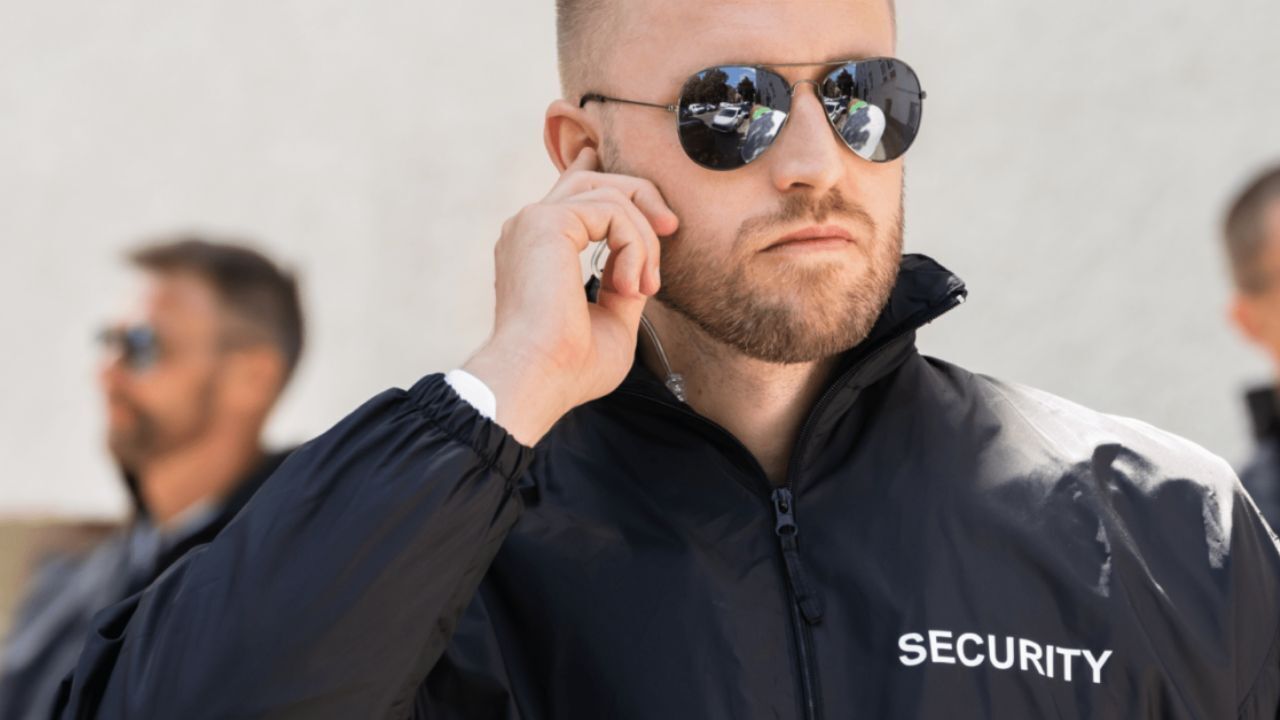Here are some tips to help you create an effective and eye-catching Security Officer CV.

Before we get to the bones of the task, just remember that in most circumstances your CV will be read and “filtered” by some form of computer AI before it ever gets to a human. To make sure it makes the cut there are a few things you will need to consider:
Formatting your CV.
- Use the same professional font, formatting and text size across the entire document, apart from your name at the start.
- Repeat keywords which emphasise your best relevant experience and qualifications.
- Be clear and well-organised.
- Don’t add a photo. Let your experience and knowledge do the talking.
- Avoid fancy background art or colours.
- Use bullet points to highlight the most relevant and desirable skills, experience and qualifications
- Don’t waffle. Two A4 size pages is enough for most CVs unless you are going for a senior management role or have been in the industry for decades.
Sections: You’ll need to present information clearly, concisely and accurately. There is a pretty well-established formula for arranging your information to best effect:
- Personal Information.
- Professional Statement / Summary.
- Experience.
- Education.
- Vocational training / qualifications.
- Appropriate skills.
1. Personal Information:
Always feature your full name at the top of the first page. It’s worth noting that there is no need to feature your address, marital status, sex, age or date of birth on modern CVs. Always however have an email address, phone number and a LinkedIn profile URL if you have one.
2. Professional Summary:
Write a brief, compelling summary that highlights your key skills, experience, and your enthusiasm for the security profession. Tailor it to the specific job you are applying for. Two sentences or three lines MAXIMUM.

3. Work Experience:
List your relevant work experience in reverse chronological order, starting with your most recent position. Make sure you list the “from” and “to” dates as accurately as possible.
Try to focus on security-related roles and responsibilities, emphasising achievements and contributions.
Use action verbs to describe your duties, such as “monitored,” “patrolled,” “investigated,” “implemented,” etc.
Quantify your accomplishments with specific metrics where possible (e.g., “reduced theft incidents by 30% through enhanced surveillance methods”).
4. Education.
List your last school or university and the academic qualifications attained. No need to include things like the “school certificate in Life Skills” or the “wine appreciation” course!
5. Vocational Certifications:
Include any security training programs or courses.
Highlight relevant certifications, such as ACT Awareness Training, Advanced Trauma First Aid Training, Fire Marshall Courses, Health & Safety, Customer Service, Certified Security Professional (CSP), Certified Protection Professional (CPP), Training Qualifications or other industry-specific certifications.
6. Skills:
Create a dedicated section for key security-related skills, both technical and soft skills.
Technical skills may include proficiency in security systems, access control systems, CCTV monitoring, etc.
Soft skills could encompass communication, problem-solving, conflict resolution, and attention to detail.
Get Licensed’s CV Pro – CV Builder
CV Pro is a CV builder tool which will make sure your CV stands out and has everything the employer needs. Helping you to find a great job and start earning immediately. Just choose your template, fill in the required information and we’ll send you your professional CV.
There’s no signup or account required!
Some Sage Advice……..
Tailor each CV to the Job you are applying for:
Customise your CV for each application by incorporating keywords from the job description. This shows the employer that you are a good fit for their specific requirements.
Showcase your adaptability:
The security field can be diverse, so highlight your ability to handle different scenarios and environments. Mention any experience in various security settings like retail, corporate, residential, or event security.
References:
It’s generally not necessary to provide references on your CV. You can mention, “References available upon request,” or point to a detailed LinkedIn profile at the end. A security company will have to go back a minimum of five years through your career history during vetting so personal references are not normally required.
Proofread and edit, twice: (And then get someone else to check it….)
Ensure there are no grammatical or spelling errors. Most employers will throw away any CV that contains a spelling mistake. A well-presented and error-free CV reflects attention to detail, which is vital in the security sector.
Remember, a CV is a snapshot of your qualifications and experience. Keep it concise and tailored to best showcase your suitability for the role.
Good luck with your application!












